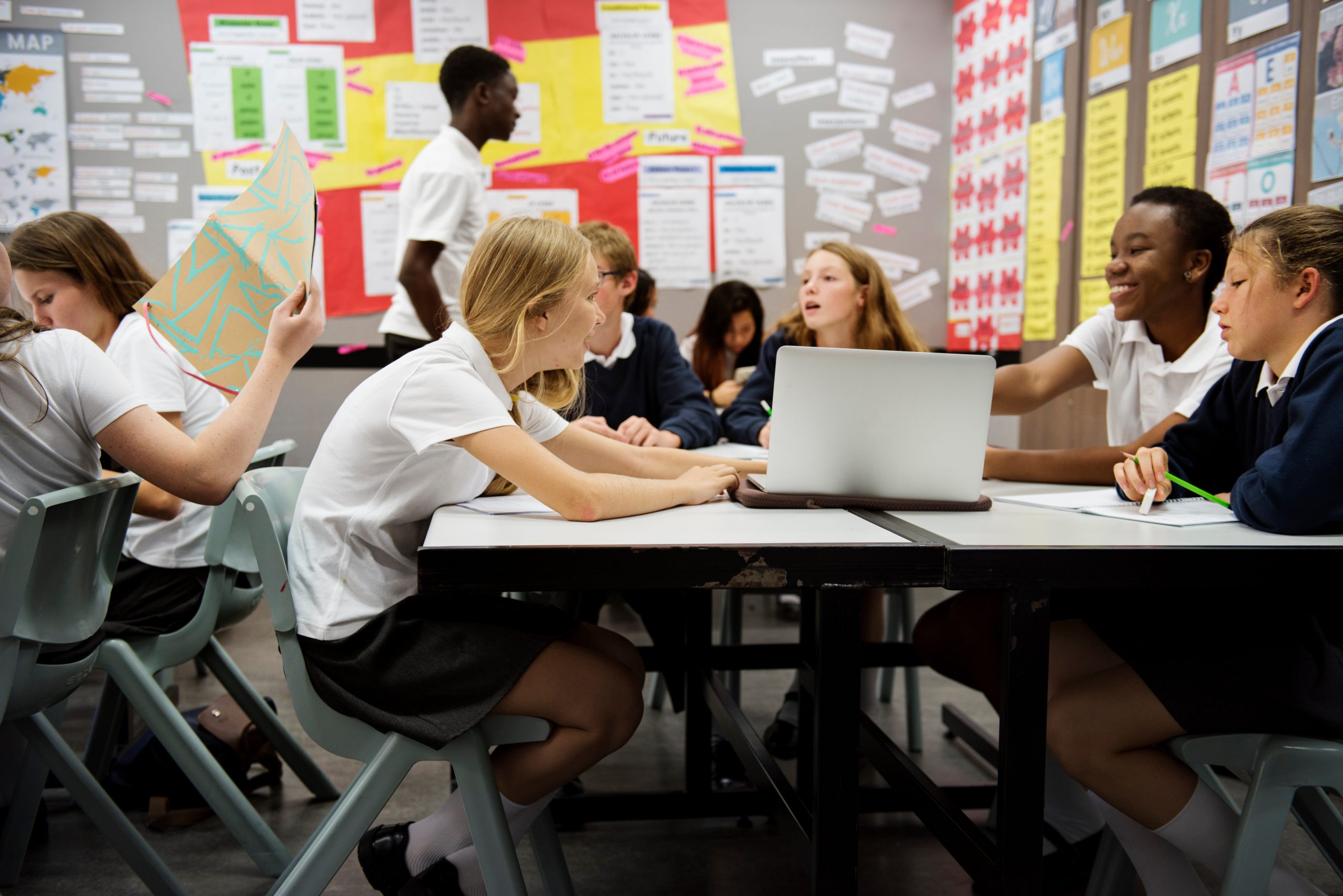
To mark the beginning of Neurodiversity Celebration Week, Abbey Rowe discusses her PhD on how secondary schools affect the mental health and wellbeing of neurodivergent young people, particularly those with ADHD

Neurodiversity Celebration Week is a pioneering annual initiative that aims to help the world understand, value and celebrate the differences, strengths and talents of neurodivergent minds. In October 2022, I was absolutely thrilled to be awarded a three-year PhD studentship with DECIPHer and the Wolfson Centre for Young People’s Mental Health, to conduct research that strongly aligns with the purpose and mission of this fantastic initiative. In this blog I hope to share some insight into the plans for my current research project, my motivations to study this important topic and my journey so far.
The title of the project is The role of schools in supporting the mental health of neurodivergent young people. Its overarching aim is to understand how the day-to-day practices of secondary schools, which influence the mental health of their pupils, might have particularly important effects on the mental health and wellbeing of neurodivergent young people, with a particular focus on those with Attention Deficit Hyperactivity Disorder (ADHD). The project is currently planned in three stages.
I aim to explore the extent to which the association between neurodiversity and measures of anxiety, depression and wellbeing, differ by schools
The first will involve secondary data analysis of the School Health Research Networks (SHRN) surveys, completed biennially by all secondary schools in Wales. I will examine the feasibility of digitally linking these datasets to national mental health and education records data of ADHD diagnoses via the Secure Anonymised Information Linkage (SAIL) databank. Through cross-sectional and longitudinal analysis, I aim to explore the extent to which the association between neurodiversity and measures of anxiety, depression and wellbeing, differ by schools.
The findings from this stage of the project will help to inform the second stage, which involves the sampling of case study schools to generate explanations for why some schools may do better than others in preventing depression and anxiety, and boosting wellbeing in young people with ADHD.
The final stage will use the outcomes of these phases to inform decisions on measures of the school environment to model as potentially explaining variation between schools in outcomes for these young people.
Teaching opened my eyes to the challenges faced by neurodivergent young people who were often struggling to thrive in school
I was drawn to this project as it brought together a number of interests that I have developed across my working life as a teacher and third sector project coordinator. Teaching opened my eyes to the challenges faced by neurodivergent young people who were often struggling to thrive in school. It was evident that schools were fighting to provide for their students, but growing recognition for the increase in mental health difficulties facing adolescents made this challenging.
I then began working at Newport Mind, coordinating a Whole School Approach (WSA) project, developing and delivering tailored mental health interventions to students, staff and parent/carers of local secondary schools. The schools were often struggling to meet the high needs of their pupils and were keen to understand how to make sustainable changes to align their systems with the implementation of Welsh Government’s 2021 WSA framework.
‘My ultimate hope is that this research project will lead to insights that can guide the development of neurodiversity-led mental health policies and strategies for schools across Wales‘
-Abbey

After four years working on the WSA project, I attended an online Wolfson Centre seminar delivered by Professor Graham Moore entitled Improving mental health within complex school systems. It was then that I realised the potential impact that research within this field could have for some of the most vulnerable young people in Wales. When the opportunity arose to conduct research that could help to understand how secondary schools can support their young and neurodiverse communities, I jumped at the chance to apply. My ultimate hope is that this research project will lead to insights that can guide the development of neurodiversity-led mental health policies and strategies for schools across Wales.
Working within DECIPHer in the new SBARC|SPARK building has been an incredible journey so far, providing me with the opportunity to learn from leading professionals within the field of young people’s mental health. One of the highlights has been attending regular learning events where researchers come together to share and critically discuss their research projects. I know that I will continue to learn from the team over the next three years and look forward to sharing my own research findings in the not so distance future.
I am grateful that this study is funded by the Wolfson Foundation via the Wolfson Centre for Young People’s Mental Health and supervised by a fantastic, interdisciplinary team of supervisors, including Prof Graham Moore (Social Sciences), Dr Kate Langley (Psychology) and Prof Anita Thapar (Child Psychiatry). As my PhD progresses, I’ll make sure to update the DECIPHer blog.